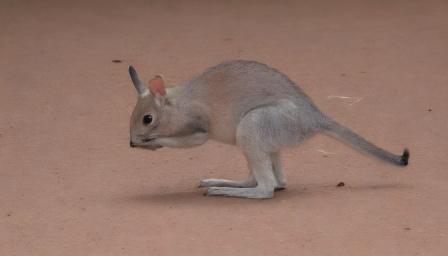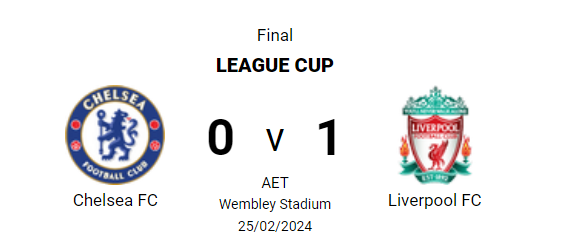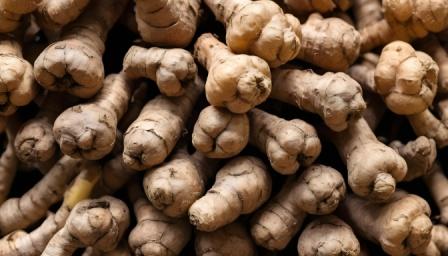The Importance of Mosquitoes in the Ecosystem is due to its role as a pollinator, food chain linker and many more.
Mosquitoes, The mere mention of their name conjures up images of itchy welts, sleepless nights, and the maddening whine that precedes a stinging bite. But amidst the annoyance, lies a hidden truth: mosquitoes are ecological heroes, playing a crucial role in the delicate balance of the natural world. One of their most important functions is pollination. Mosquitoes are attracted to the nectar of flowers, and when they drink the nectar, they also transfer pollen from one flower to another. This helps to fertilize the flowers and produce seeds.
Mosquitoes are especially important for pollinating small flowers, such as those found in grasses. These flowers are too small for larger insects, such as butterflies, to reach. Mosquitoes are able to access these flowers and help to spread pollen.
In the Wakhan Corridor, mosquitoes are particularly important for pollinating the grasses that grow in the region. These grasses are a key source of food for many animals, including livestock, wild animals, and birds. Without mosquitoes, these grasses would not be able to reproduce, and the food chain in the region would be disrupted.
In addition to pollination, mosquitoes also play a role in the food chain. They are a food source for many animals, including birds, bats, and fish. Mosquitoes also help to control the populations of other insects, such as flies and mosquitoes.
While mosquitoes can be a nuisance, they are an important part of the ecosystem. They play a vital role in pollination, the food chain, and pest control.
Mosquitoes are often seen as pests, but they actually play an important role in the ecosystem. They are essential for pollination, the food chain, and pest control.
Master Pollinators:
While butterflies and bees often hog the pollination spotlight, mosquitoes are surprisingly adept pollen transporters. Their small size allows them to navigate the intimate depths of tiny flowers, inaccessible to larger insects. These include countless wildflowers, grasses, and even some tropical trees, all relying on the mosquito's flitting dance to carry pollen and facilitate fertilization.
Think of it this way: in the vast meadows of the Wakhan Corridor, the buzzing orchestra of mosquitoes ensures the survival of vital grasses. These grasses, not only nourish diverse herbivores, but also bind the soil, preventing erosion and protecting the fragile mountain ecosystem. Without mosquito pollination, this verdant landscape could face a silent collapse.
Food Chain Champions:
Mosquitoes are a crucial link in the intricate food chain. From tiny spiders and dragonflies to larger predators like bats and birds, all find a tasty snack in the blood-sucking insects. This constant predation keeps mosquito populations in check, preventing them from becoming overwhelming pests.
But there's more to it than just a meal. Mosquitoes themselves become food for their larvae, which thrive in aquatic environments like ponds and ditches. These larvae, in turn, feed on microorganisms and detritus, contributing to the decomposition process and purifying water systems.
Beyond Blood Meals:
While bloodlust fuels female mosquito reproduction, it's not their sole source of sustenance. Males and many female species feast solely on nectar, playing a vital role in pollination. Interestingly, some mosquito species even prey on other insects, acting as natural pest control agents.
The Delicate Dance of Nature:
Mosquitoes, although often a nuisance, are deeply woven into the fabric of life. Their intricate relationship with plants, predators, and prey forms a web of interdependence that sustains entire ecosystems. Understanding this web is crucial for managing mosquito populations without disrupting the delicate balance.
Looking Beyond the Bite:
Next time you swat at a buzzing mosquito, remember their hidden service to the environment. They may be irritating, but they are also unsung heroes, pollinating flowers, feeding predators, and contributing to the health of our ecosystems. Recognizing their ecological value can help us approach mosquito control with a more informed and holistic perspective.






